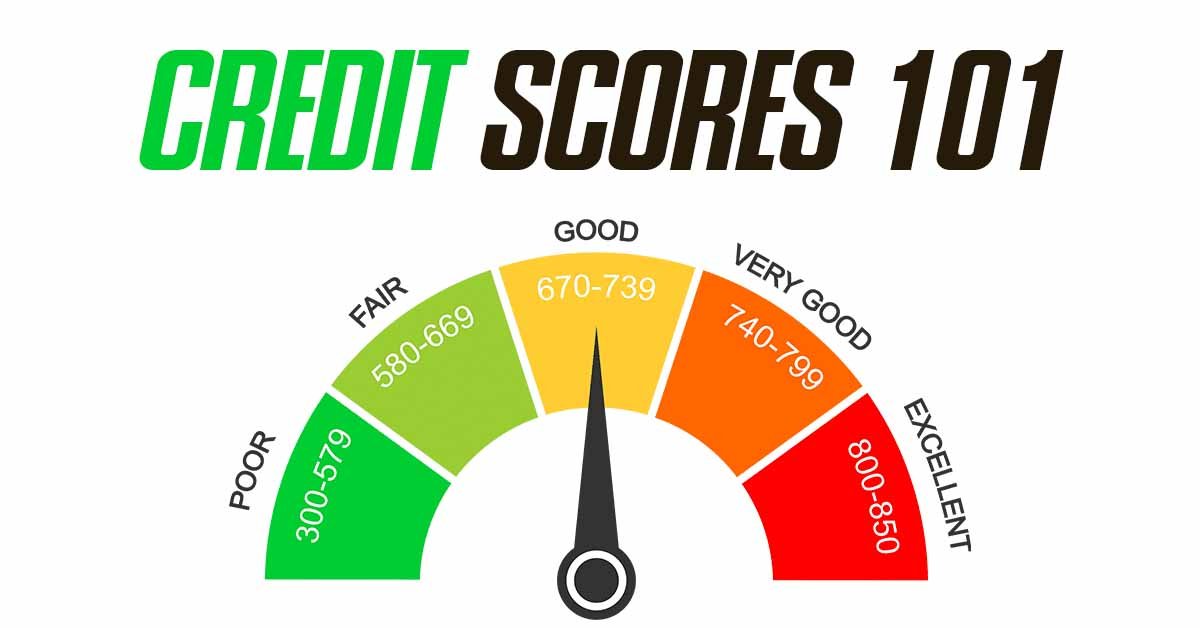Understanding your credit score is crucial for achieving financial stability and accessing favorable lending terms. Whether you’re looking to buy a home, secure a car loan, or simply enjoy lower interest rates, maintaining a good credit score can open many doors. This comprehensive guide will walk you through the basics of credit scores, how to improve them, and how to maintain good credit.
What is a Credit Score?
A credit score is a numerical representation of your creditworthiness, ranging typically from 300 to 850. Lenders use this score to assess the risk of lending you money. The higher your score, the better your creditworthiness.
Credit Score Ranges
- Excellent: 800-850
- Very Good: 740-799
- Good: 670-739
- Fair: 580-669
- Poor: 300-579
Factors Affecting Your Credit Score
1. Payment History (35%)
Your payment history is the most significant factor, accounting for 35% of your score. Consistently paying bills on time positively impacts your score, while late or missed payments can significantly lower it.
2. Credit Utilization (30%)
Credit utilization refers to the amount of credit you’re using compared to your credit limit. It’s best to keep this ratio below 30% to maintain a healthy score.
3. Length of Credit History (15%)
The length of your credit history considers the age of your oldest account, the average age of all your accounts, and the age of specific types of accounts. Longer credit histories generally contribute to higher scores.
4. New Credit (10%)
Opening several new accounts in a short period can negatively affect your score. It indicates higher risk, especially if you don’t have a long credit history.
5. Credit Mix (10%)
A diverse mix of credit accounts, such as credit cards, mortgages, and auto loans, can positively impact your score. It shows you can manage different types of credit responsibly.
How to Improve Your Credit Score
1. Check Your Credit Report
Start by obtaining a free copy of your credit report from each of the three major credit bureaus: Equifax, Experian, and TransUnion. Review them for errors or discrepancies that could be dragging down your score.
2. Pay Bills on Time
Set up payment reminders or automatic payments to ensure you never miss a due date. Consistently paying bills on time is crucial for improving your score.
3. Reduce Debt
Work on paying down existing debts, particularly high-interest credit card balances. Aim to keep your credit utilization ratio below 30%.
4. Avoid Opening New Accounts
Limit the number of new credit accounts you open, as each application can result in a hard inquiry, which may lower your score temporarily.
5. Keep Old Accounts Open
Even if you’re not using them, keep old credit accounts open. The age of these accounts contributes positively to your credit history length.
6. Diversify Your Credit Mix
If you only have credit cards, consider adding a different type of credit, such as an installment loan. A varied credit mix can boost your score.
7. Correct Errors on Your Credit Report
If you find errors on your credit report, dispute them with the respective credit bureau. Correcting inaccuracies can quickly improve your score.
How to Maintain a Good Credit Score
1. Monitor Your Credit Regularly
Regularly check your credit report and score to stay informed about your financial standing. Monitoring services can alert you to changes or suspicious activity.
2. Maintain Low Balances
Keep your credit card balances low relative to your credit limits. High balances can negatively impact your credit utilization ratio.
3. Use Credit Responsibly
Make small purchases on your credit cards and pay them off in full each month. This practice helps demonstrate responsible credit usage.
4. Avoid Excessive Credit Applications
Each credit application results in a hard inquiry, which can temporarily lower your score. Apply for new credit only when necessary.
5. Plan for Major Purchases
If you’re planning a significant purchase that will require financing, such as a home or car, prepare in advance. Maintain good credit habits to ensure your score is as high as possible when you apply.
Conclusion
Improving and maintaining a good credit score is essential for financial health and accessing the best lending terms. By understanding the factors that influence your credit score and adopting responsible financial habits, you can enhance your creditworthiness. Regularly monitor your credit, pay bills on time, manage your debt, and make informed credit decisions to keep your score high. With a strong credit score, you’ll be well-equipped to achieve your financial goals and secure your financial future.
By following these guidelines, you can take control of your credit score, paving the way for better financial opportunities and stability. Start today and watch your credit score improve over time, opening doors to a brighter financial future.
